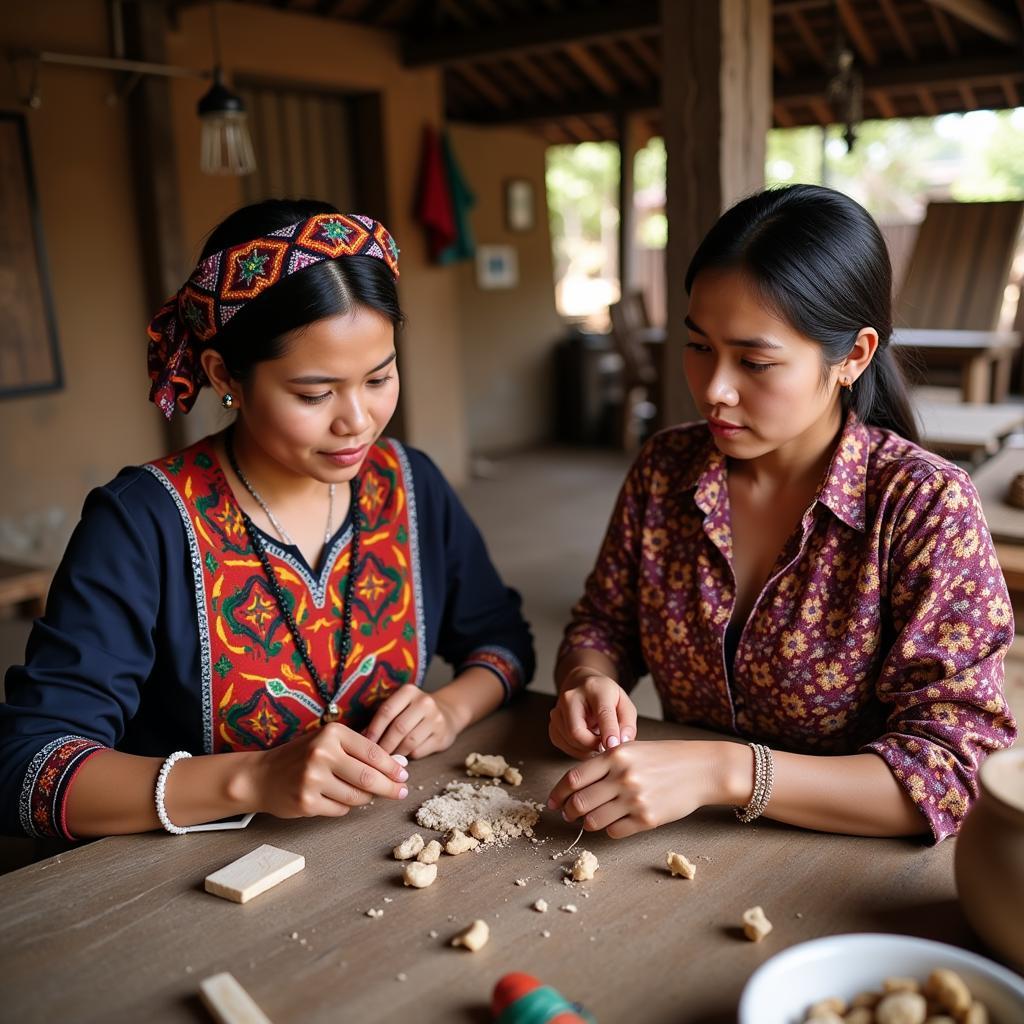Tourism and its effects on local economies has been a recurring theme in IELTS Writing Task 2, appearing in approximately 15% of exam questions between 2019-2023. This topic’s frequency suggests its continued relevance in future tests, particularly given the Impact of tourism on local economies on global communities.
Analysis of Common Test Questions
Let’s examine a frequently appearing question type:
Some people believe that international tourism has negative effects on local communities and their cultures. To what extent do you agree or disagree with this statement?
Question Breakdown
- Topic: Tourism’s impact on local communities
- Task: Agree/Disagree
- Focus: Social and cultural effects
- Scope: International tourism specifically
Sample Essay 1 (Band 8.5)
Tourism’s influence on local communities has sparked considerable debate, with some arguing it undermines cultural authenticity. While I partially agree that how tourism affects local economies and cultures can be problematic, I believe the benefits generally outweigh the drawbacks.
Tourism undeniably brings substantial economic advantages to host communities. Local businesses flourish through increased customer bases, creating employment opportunities and stimulating economic growth. For instance, in Bali, Indonesia, traditional craftsmen have successfully expanded their businesses by selling authentic artifacts to international visitors, thereby preserving their artistic heritage while generating income.
However, some negative impacts cannot be ignored. The effects of gentrification on local communities often result from mass tourism, leading to increased living costs and displacement of local residents. Moreover, cultural commodification can occur when traditional practices are modified to meet tourist expectations.
Nevertheless, tourism can actually strengthen cultural identity when managed properly. Many communities have successfully used tourism revenue to fund cultural preservation projects and educational programs. For example, in Hoi An, Vietnam, tourism income supports the maintenance of historic buildings and traditional festivals, ensuring their survival for future generations.
In conclusion, while tourism poses certain challenges to local communities, its positive impacts can be maximized through proper management and regulation. The key lies in striking a balance between economic development and cultural preservation.

Sample Essay 2 (Band 6.5)
Many people think international tourism is bad for local communities and their culture. I think this is partly true but tourism also has many good points.
First, tourism helps local people make money. When tourists come, they spend money in local shops, restaurants, and hotels. This creates jobs for local people. For example, in my country, many young people can work as tour guides or in hotels because of tourism.
But there are some problems too. Should there be limits on international tourism to protect the environment is a question many places face. Sometimes tourists don’t respect local customs and this can upset local people. Also, prices go up when many tourists come, making life harder for locals.
However, I think tourism helps preserve culture too. When tourists want to see traditional dances or buy traditional crafts, local people keep these traditions alive. Also, meeting people from different countries helps locals learn about other cultures.
In conclusion, while tourism can cause some problems, I think it brings more benefits than harm to local communities. The government should make rules to protect local culture while allowing tourism to grow.
Key Vocabulary
- commodification (n) /kəˌmɒdɪfɪˈkeɪʃən/ – the process of treating something as a product that can be bought and sold
- gentrification (n) /ˌdʒentrɪfɪˈkeɪʃən/ – the process of changing a poor area into a more wealthy one
- preserve (v) /prɪˈzɜːv/ – to keep something in its original state
- authentic (adj) /ɔːˈθentɪk/ – genuine or real
- indigenous (adj) /ɪnˈdɪdʒənəs/ – naturally existing in a place
In summary, mastering this topic requires understanding both positive and negative impacts of tourism. Practice writing balanced arguments using specific examples from different countries. Share your practice essays in the comments below for feedback and discussion.